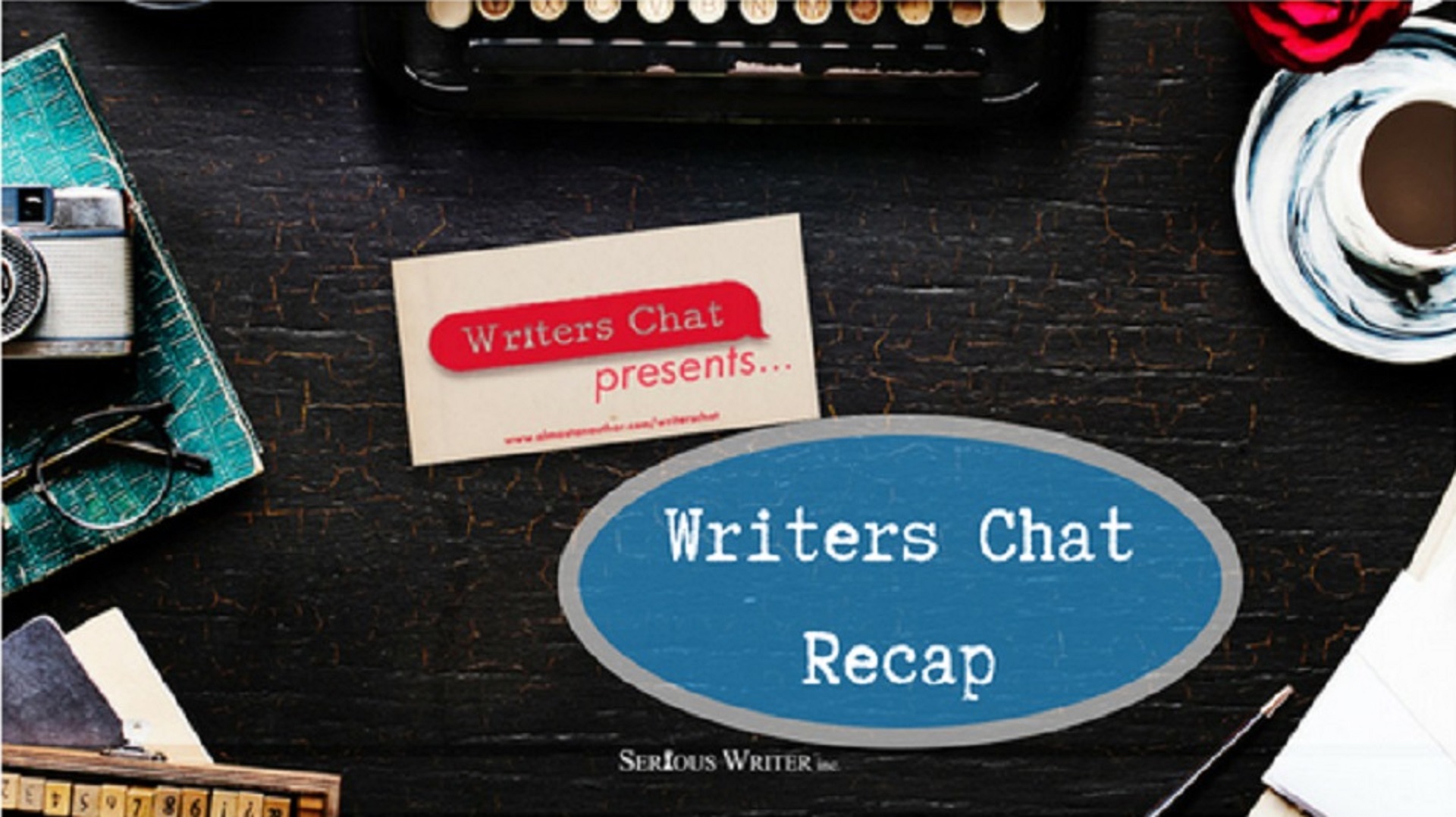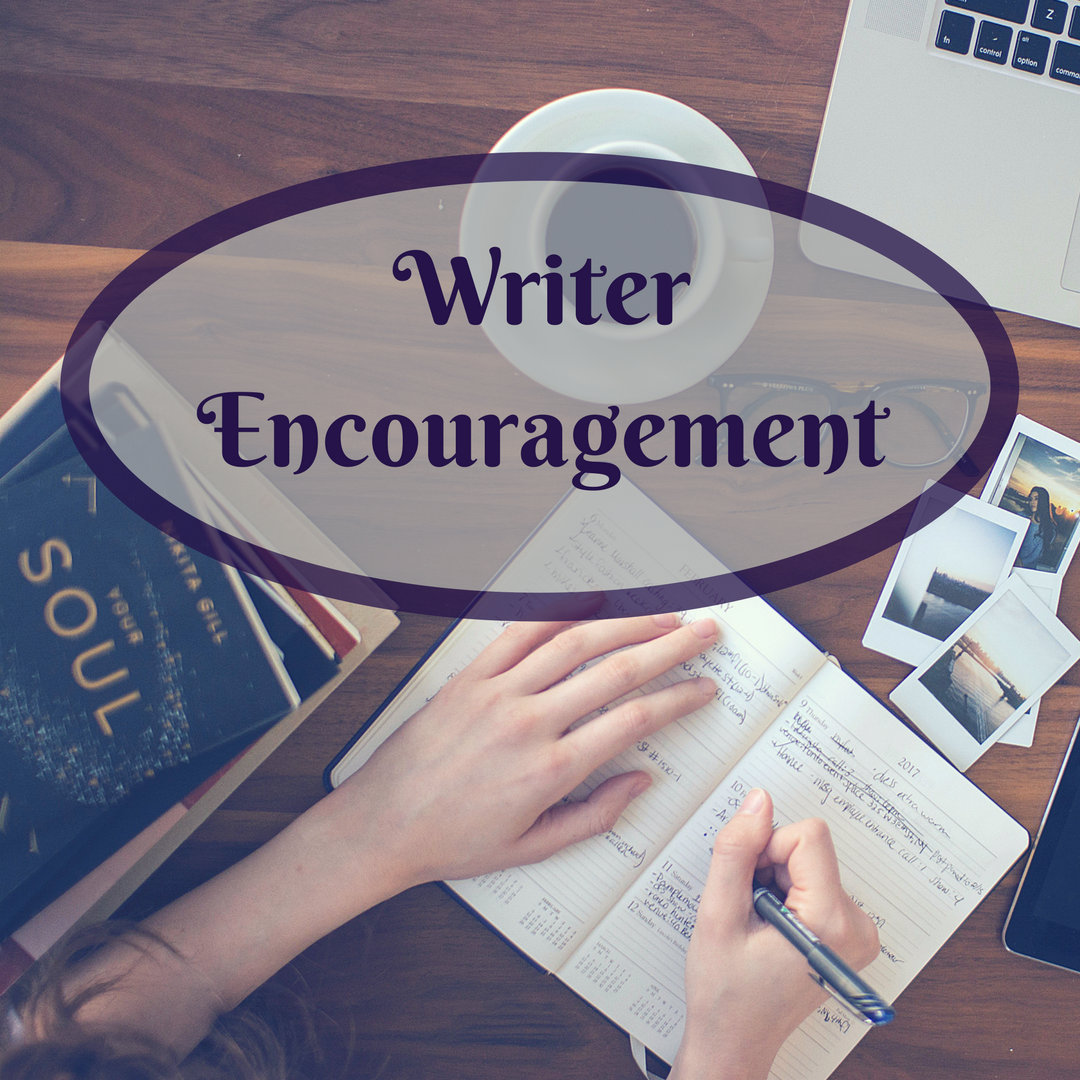
Writing with a Disability (Different Ability)
Take a Break
While working on this month’s post, I am taking a much-needed “rest” weekend. I am not talking about spending…
August 29, 2023
While working on this month’s post, I am taking a much-needed “rest” weekend. I am not talking about spending…
August 29, 2023
Writers Chat, hosted by Jean Wise, Johnnie Alexander, and Bethany Jett, is the show where we talk about all…
December 1, 2020
I didn’t know how much I needed a break until I grew grumpy. My usual ability to cope was…
September 11, 2019
What? How can I be more productive if I work less? It may not make sense, but it’s true.…
January 8, 2019
It may seem counterintuitive, but we can actually improve our productivity by taking breaks. God invented the concept of…
November 8, 2018
Why is it so hard to rest? To take a break? To “do nothing”? Years ago, I remember the…
May 26, 2016